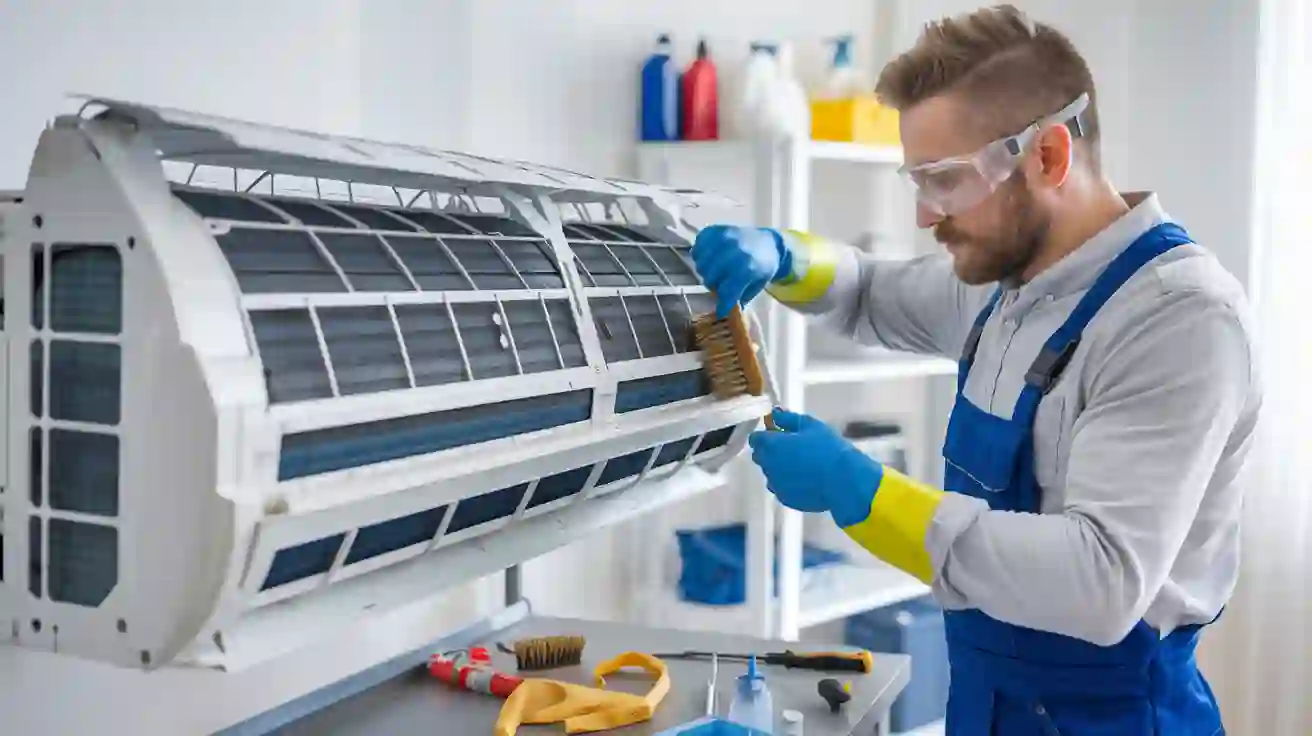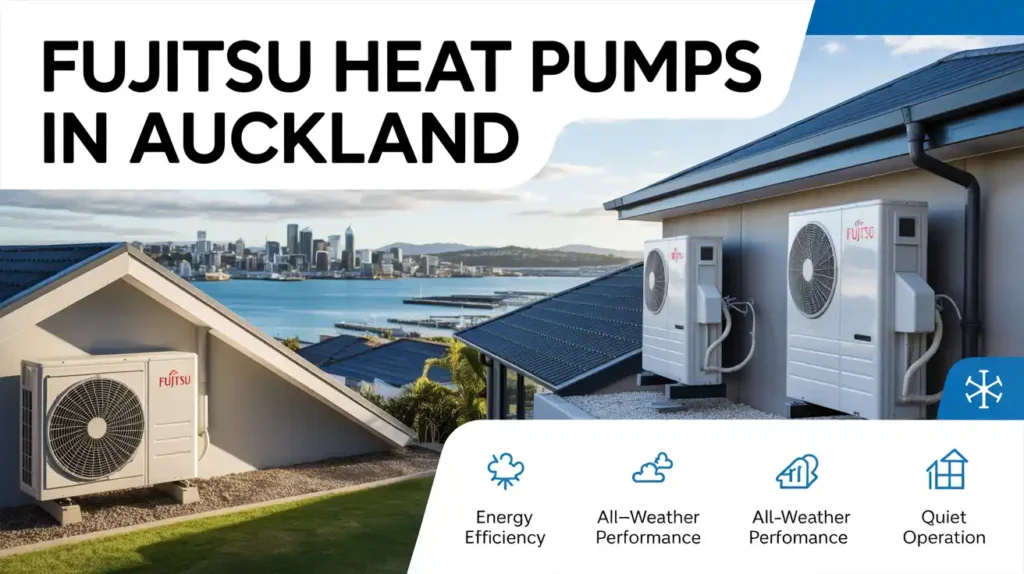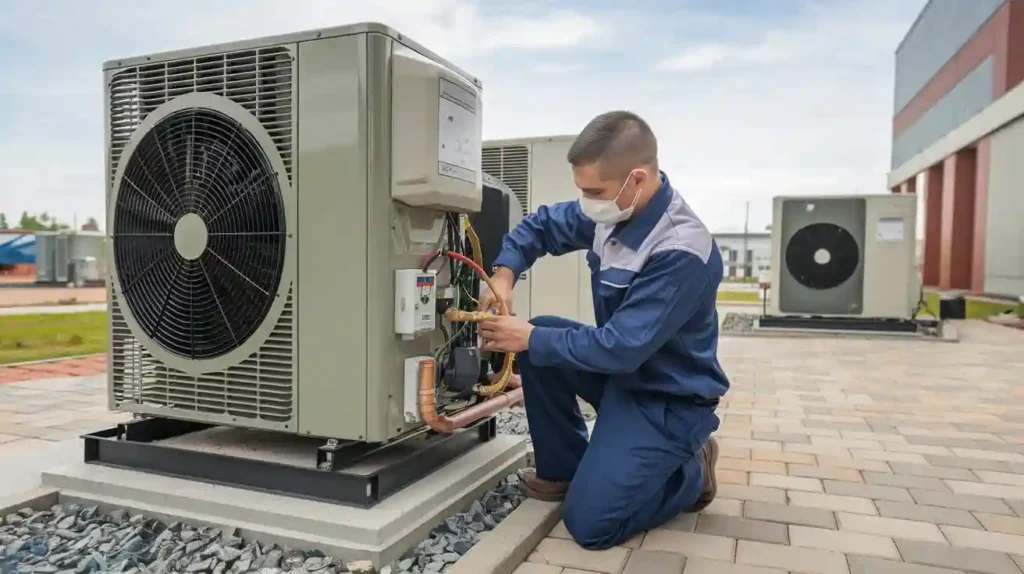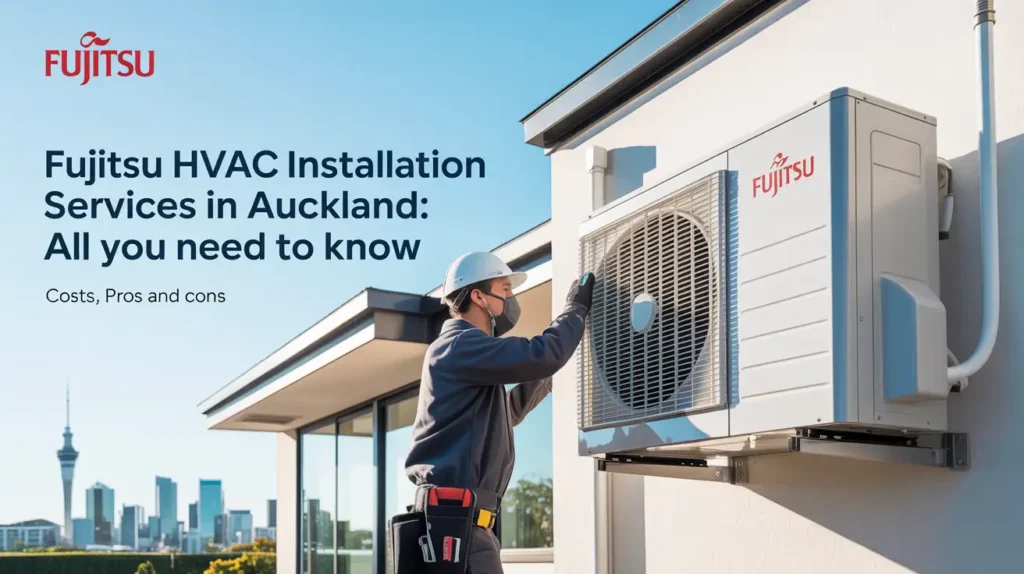
Everything You Have to Know About Air Conditioner Cleaning & Maintenance: Expert Guide
Cleaning and maintaining an Air conditioner (AC) is necessary for it to perform effectively and efficiently while also giving you the best air quality possible. An efficient AC system enhances comfort while decreasing your electricity bill and avoiding expensive repairs. From basics to professional tips – in a clear structured way, this guide gives you all the information regarding air conditioner cleaning and maintenance.
Key points
What You Need to Know About Air Conditioner Maintenance Expert Guide In Auckland
Air Conditioners (ACs) are indeed complex systems that need frequent maintenance for running smoothly. Neglecting your AC can have a series of consequences, like any other mechanical device. Regular maintenance prevents breakdowns, reduces energy consumption, and maintains the best possible air quality in your house.
Importance of Cleaning Air Conditioners
There are several reasons why you need to clean your air conditioner:
Enhances Efficiency: Due to the dust, dirt, and debris that may have settled over time on the filters, coils, and other components, the system is forced to work harder, thereby lowering efficiency.
Increases Lifespan: Regular maintenance helps your system last longer by preventing wear and tear.
Improves Air Quality: A clean AC unit circulates fresh air by filtering out dirt, mold, and other toxins that may harm your health.
Save Finances: A well-maintained AC is more energy efficient and lowers your repair costs.
Common Problems Resulting from Neglect
Neglecting regular AC maintenance can cause a number of problems:
Diminished Cooling Power – Dusty coils and blocked filters restrict airflow, which makes it more difficult for your AC to accurately cool the air.
Frozen Coils – A lack of airflow or low levels of refrigerant can lead to the freezing of the evaporator coils, potentially damaging the unit.
Higher Energy Bills: A poorly working system utilizes more electricity to reach the ideal temperature, increasing your utility expenses.
Frequent Breakdowns: Not maintaining your equipment will lead to small problems developing into catastrophic breakdowns, resulting in expensive repairs or replacement.
List of Items to Consider in Air Conditioner Maintenance
A full inspection maintenance checklist is also part of the maintenance routine which ensures that you do not miss any major things. Here are the major components that need to be inspected and cleaned periodically:
Cleaning the Filters
Air filters catch dust, dirt, and allergens, but as time passes, they can become blocked. Some should be cleaned or replaced every 1–3 months, depending on how often they are used.
Why It Matters: When filters aren’t clogged, they permit better airflow, which enhances efficiency and improves indoor air quality.
How to Do It: Take out the filter and rinse it with water. For rendered filthy filters, apply mild soap in any cupboard or vacuum cleaner.
Cleaning the Coils
The evaporator and condenser coils require regular cleaning.
Why It Matters: Dirty coils can decrease cooling effectiveness and cause overheating.
How to Do It: First spray the coils with a coil cleaner — available at any hardware store — and then gently scrub them with a soft-bristle brush. Skip the strong chemicals that can harm the fins.
Checking Refrigerant Levels
The refrigerant is the and makes the air cold. If refrigerant is running low, the system may not be able to cool properly.
Why It Matters: An AC that’s not set to the proper amount of refrigerant won’t cool effectively.
How to Do It: It’s best to leave this to professionals, who can check the refrigerant level and add fluid as needed.
Inspecting Ductwork
The ductwork in your house distributes cooled air. Airflow can be slowed by leaks or blockages.
Why It Matters: Leaky ducts not only diminish the system’s efficiency but can also make your home less comfortable, resulting in uneven cooling.
How to Do It: Look for visible damage to the ducts and seal any leaks. Hire a professional to clean your ducts every 3 to 5 years.
Cleaning the Condensate Drain
The condensate drainC removes moisture from the air to avoid mildew from growing. Water damage can result from a clogged drain.
Why It Matters: A regular cleaning prevents water from pooling, which can damage the AC and foster mold.
How to Do It: Use a wet/dry vacuum to remove any debris in the drain line.
A Step by Step Guide on Cleaning Your Air Conditioner
Here is a simple step-by-step guide to clean your air conditioner yourself:
Power Off Thoroughly: Before cleaning, make sure the unit itself is off completely.
Remove the Filters: take out the air filters, rinse them under running water or replace them
Clean the Coils: With a soft brush, clean the evaporator and condenser coils. If necessary, spray a coil cleaner.
Clear the drain: Inspect the condensate drain and use a wet/dry vacuum to suck out any clogs.
Check the Fan and Blower: Make sure the fan blades are clean and unobstructed.
Check the Refrigerant: If your AC has low refrigerant contact a professional for recharge.
Power On the Unit: After everything is done, turn the unit back on and verify its proper operation.
Full-Service vs DIY
So, although some tasks such as cleaning the filters, coils, etc. can be mastered at DIY level, some aspect of air conditioner repair should be in the hands of the professionals. These include:
Refrigerant: Because refrigerant can be harmful, only certified workers should deal with refrigerant.
Complex Diagnoses: Experts can spot an underlying cause that might not be clear, like an electrical problem or a leak.
Thorough Inspections: During a service maintenance check, each part of the system is inspected for issues.
Signs Your Air Conditioner Needs Professional Attention
Here are a few signs that your air conditioner needs to be checked by a professional:
Warm air: If the AC is blowing warm air rather than cool air, you may have a refrigerant leak or a bad compressor.
Unusual Sounds: Sounds like grinding or rattling or buzzing that weren’t heard before can indicate something mechanical is wrong.)
Foul Odors: You may have mold growth if you smell musty odors, and you could have electrical issues if you smell burning.
Leaks: Water pooling around the AC unit could indicate a blocked drain or internal component failure.
Cost Savings and Energy Efficiency
Well maintained air conditioners are more energy-efficient, which results in lower utility bills. Here’s how:
One: Clean Filters – Clean filters help to increase airflow and keep the system working at peak efficiency.
Sealed Ducts: Ensuring air leaks of the ducts will allow cooling airflow to reach all the rooms.
Not Over/Under Charged: Having enough refrigerant means the system runs without wasting excess energy, driving up electricity bills.
Programmable Thermostats The combination of routine system service and programmable thermostat management will help reduce costs by keeping your AC running when needed and turning it off during the hours when no one is at home.
Conclusion
Cleaning and maintaining your air conditioners is essential to keep your air conditioning system fully functional, extend its life, and improve indoor air quality.
Whether you decide to perform regular maintenance on your AC system yourself or employ the help of a professional, maintaining your AC unit is a wise investment that saves you money on repairs and energy bills. The following professional advice and maintenance checklist should help your air conditioner stay in top form all year long.
Contact reliable Auckland air conditioning service offering customized solutions to ensure that you remain cool and comfortable all year round. You should think nothing of getting one for the sake of your employee’s health and consequently productivity level.
Choose Infinity Aircon for trusted upgrades. With over 10 years of local experience, we specialize in energy-efficient and reliable commercial HVAC system in Auckland.
Call +64 2102220596 for a free quote and upgrade your system today. We’re dedicated to keeping your home and office comfortable year-round!
Common Questions About Air Conditioning in Homes
When do I clean AC filters in relation to others?
Normally, AC filters require cleaning every 1–3 months depending on use and the surrounding environment (for example, people with pets may require more frequent cleaning of their AC filters).
Can I clean the coils myself?
While cleaning the coils is a task you can do yourself, be sure to use proper cleaning products and a gentle brush so you don’t cause damage.
What happens if I don’t clean my air conditioner?
Not maintaining the unit can result in inefficient cooling, increased energy bills, and expensive repairs. It can also impact the quality of indoor air.
What’s a way I can improve the energy efficiency of my AC unit?
Cleaning filters, checking for leaks in ducts, and making sure refrigerant levels are correct can also improve energy efficiency.
When to call a professional for AC maintenance?
You need to have a professional come out at least once a year to do maintenance on it and especially if you have anything that seems unusual to you like warm air, weird sounds, or leaking water.
Latest HVAC Maintenance Tips
Keep your HVAC system running at its best with these essential tips: change filters regularly, schedule annual inspections, clean the coils, check the thermostat, and ensure proper airflow. These easy steps can improve efficiency and save you money all year long!

Fujitsu Heat Pumps in Auckland: The Reasons for Their Popularity

Auckland’s Best HVAC Service Companies: The Top Providers, Their Services and How They Compare

